US Election 2020: States vote on drugs, guns, bubs and jobs
Everyone is waiting to see who will be the next president of the United States, but that’s not all Americans have voted on.
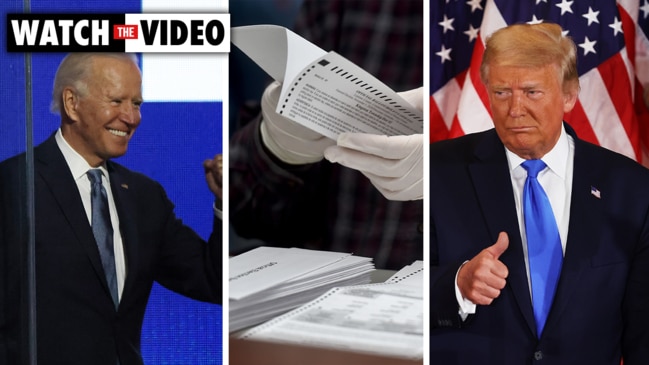
The world is waiting to see whether the United States will have another four years of President Donald Trump or Joe Biden will move into the White House, but that’s not all Americans have voted on.
Reforms to drug and gambling laws were on the ballot in a number of states, along with votes on whether Uber drivers are workers or contractors, whether you can shoot people at church, and (rather surprisingly given the whole Civil War thing) whether slavery should be allowed.
RELATED: Follow our live US election coverage
There were a total of 120 secondary ballots and while we might not get to all of them, here are the big issues Americans voted on and where, starting with one that might come in handy in the time between a President being elected (or re-elected) and inaugurated.
DRUGS
America has been fighting what some argue is a losing “War on Drugs” since the Reagan administration.
The country has been in the grip of an opioid epidemic for years.
Mass incarceration resulting from drug offences has also swelled prison populations (the US is the most incarcerated nation in the world with more than 2.12 million people in prison), and the tide is shifting on whether locking people up for nonviolent drug offences is such a good idea.
RELATED: When we’ll know who has won election
RELATED: America’s confusing voting system explained
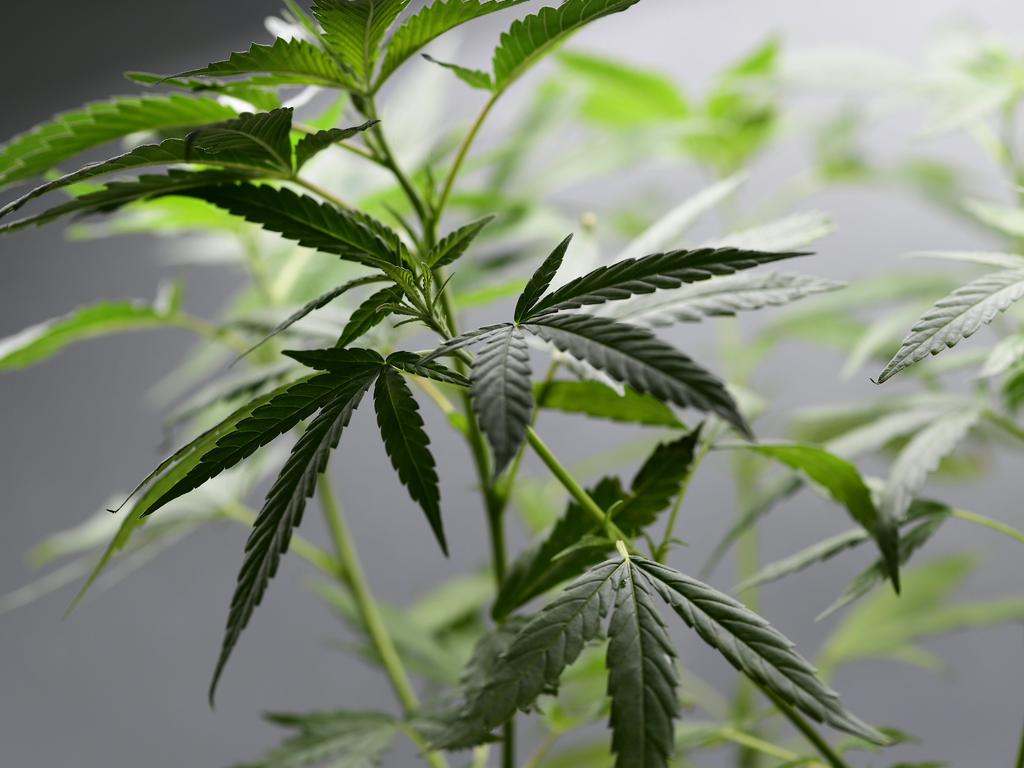
Before the election, it looked possible their past record on drugs could hurt the Democrats.
Joe Biden was a key architect of the War on Drugs, helping write the 1994 Violent Crime Control and Law Enforcement Act that put more police on the street and encouraged them to pursue drug offences.
A decade later Mr Biden’s vice-presidential pick Kamala Harris became San Francisco’s district attorney, overseeing more than 1900 convictions for marijuana until being elected California’s attorney general in 2011, according to San Francisco newspaper The Mercury News.
Marijuana has been legal in California since 2016, and it was the first state to make it so.
On Tuesday, Americans in Arizona, Montana, New Jersey and South Dakota voted to legalise marijuana, according to non-profit vote tracker Ballotpedia, run by the Lucy Burns Institute.
Mississippi and South Dakota also voted to legalise medical marijuana.
But the vote didn’t stop at cannabis.
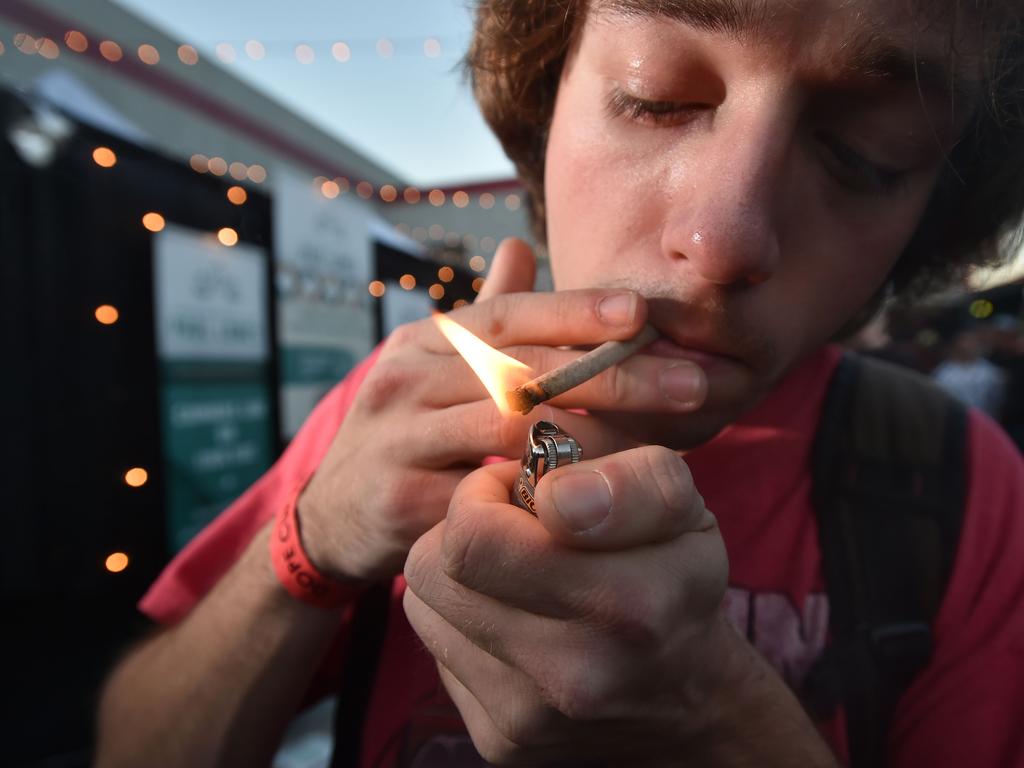
In Oregon, voters decided to allow “licensed service providers” to give people aged over 21 psilocybin fungi products (magic mushrooms).
The state also voted for decriminalisation of harder drugs including cocaine, heroin and methamphetamine.
The proposition passed with more than 58 per cent of voters electing that the punishment for non-commercial possession of a controlled substance should be no more than a $US100 fine ($A140).
Funds from Oregon’s state marijuana tax revenue and savings made in the state prison system would also be used to fund a drug addiction treatment and recovery program, making drug addiction a health issue and not a criminal one.
SLAVERY TO GO IN JOBS REFORM
Nebraska and Utah voted to remove language from their state’s constitutions that allow slavery and involuntary servitude to be used as criminal punishment.
California voted no on bringing in affirmative action, leaving the state’s constitution untouched and keeping the 1996 amendment stating the government and public institutions can’t discriminate against or grant preferential treatment to people based on their gender or race.

California also voted in favour of classing workers in the gig economy (like Uber drivers and Postmates delivery workers) as independent contactors and not employees. The state will bring in labour and wage policies specific to app-based workers and companies.
Colorado voted in favour of establishing paid parental and medical leave to provide up to 16 weeks of paid leave (up to $1100 a week), funded through the payroll tax.
Florida looks set to incrementally raise the minimum wage to $15 per hour by September 2026, with 98 per cent of precincts reporting and more than 60 per cent in favour.
BULLETS FOR BIBLE BASHERS
Always a hot topic in the trigger-happy United States, guns were once again on the agenda.
In Alabama, voters overwhelmingly ruled that it should sometimes be permitted to shoot people at church.
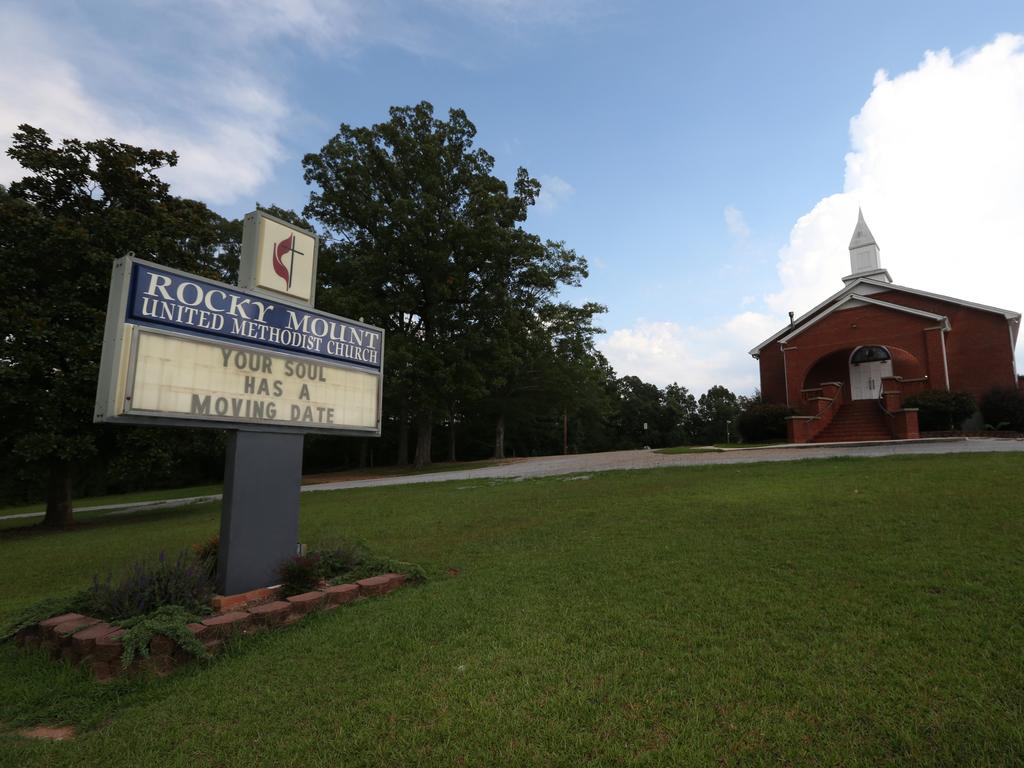
More than 70 per cent of voters thought the “Stand Your Ground” rights that allow for the use of deadly force in defending yourself or others in your home should also be expanded to churches in Franklin County and Lauderdale County.
Montana voters have had their say on whether local governments in the state should be allowed to rule whether people can carry concealed weapons. With 93 per cent of precincts reporting the vote was fairly evenly split.
WHERE BABIES COME FROM (WHEN TWO PEOPLE OF ANY GENDER LOVE EACH OTHER VERY MUCH)
Washington voters have decided public schools should be required to provide comprehensive sexual health education for all students (unless a student’s parents request they be excused).
In Nevada, a vote was held to repeal the definition of marriage as between a man and a woman, and recognise marriages regardless of gender while allowing for religious organisations and clergy to refuse to marry gay people. The results are still coming in, but currently more than 60 per cent of the counted votes are in favour.
Utah is debating whether to remove gendered language from its state constitution and replace it with gender neutral language, with 57 per cent of votes in favour (but only 78 per cent of precincts have reported so far).
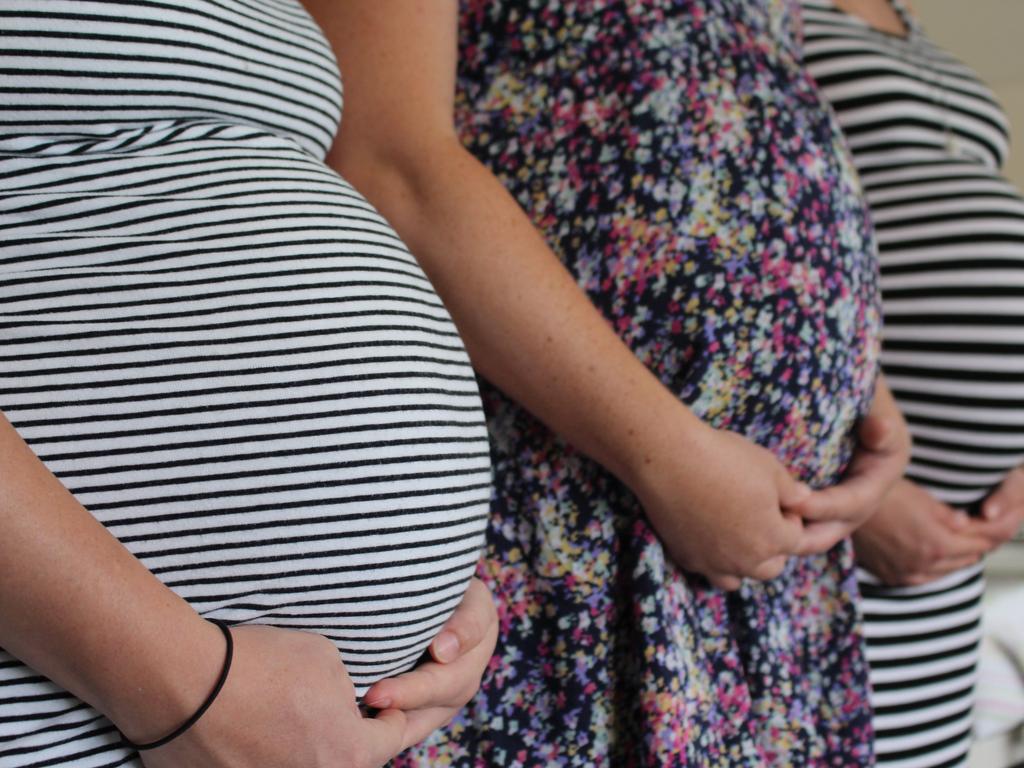
A proposition in Colorado would have banned abortions after 22 weeks but the state voted to leave its abortion laws unchanged and unrestricted.
In contrast, Louisiana voted to alter its constitution to make it crystal clear that you can’t have an abortion in the state.
Almost two-thirds of voters in Louisiana supported adding language to the constitution stating that “nothing in this constitution shall be construed to secure or protect a right to abortion or require the funding of abortion”.
TAKING A PUNT ON LEGALISED GAMBLING
Our liberal gambling laws make Australia some of the biggest punters in the world. We will bet on pretty much everything, including the US election.
The US is far stricter on gambling but change is in the air.
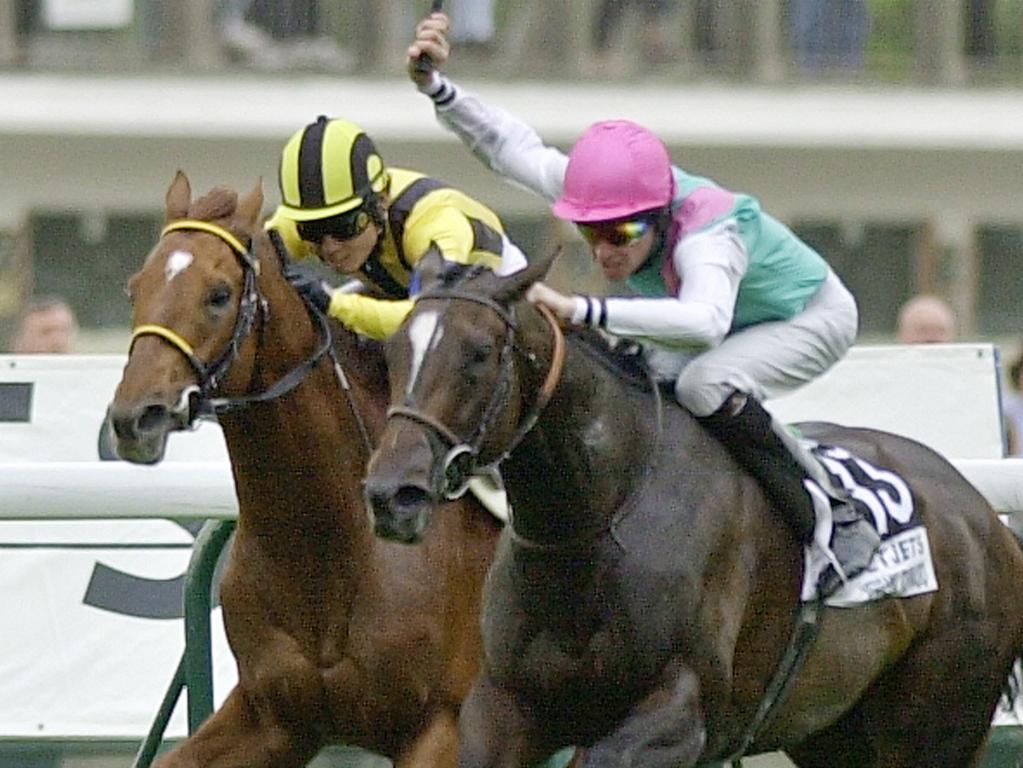
With 90 per cent of precincts reporting in South Dakota, close to two-thirds of voters were in favour of legalising sports betting in Deadwood, with the proceeds going to the restoration and preservation of the historic Gold Rush-era town.
In Colorado, voters ruled people in the three cities in the state where gambling is legal should be allowed to bet more money on more games.
It will now be up to Central City, Black Hawk and Cripple Creek to independently vote on how much they should be able to bet and on what.
Two-thirds of voters in Maryland were in favour of allowing betting on sports and events, with the state revenue raised being used to fund public education.
Nebraska had three different propositions on allowing gambling at racetracks and they all passed.
You can read the full list of what Americans voted for on Tuesday via Ballotpedia.



